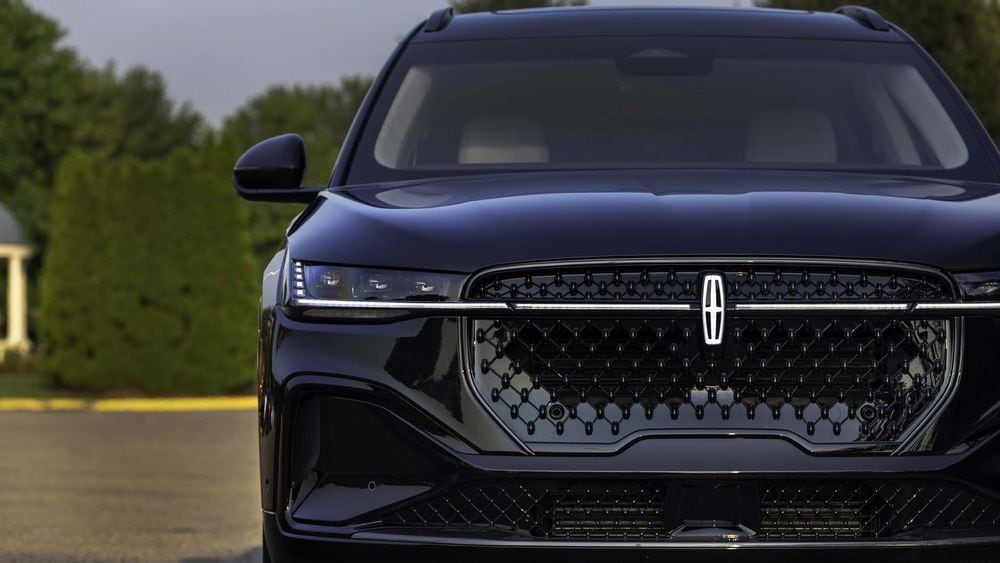Biden Administration’s Proposal on Chinese Vehicles
Currently, Chinese manufacturers have not entered the U.S. market independently. However, there is a plan by the Biden Administration to prevent them from entering freely in the near future. While China may view this proposal as protectionism, the administration argues that this initiative is driven by national security concerns—similar to previous bans on certain drones, phones, and computer parts. This proposal will extend to manufacturers operating within the U.S.
The core issues raised by President Biden’s proposal focus on data collection and manipulation risks posed by Chinese state actors. According to Reuters, the Administration has commissioned an investigation into the potential dangers posed by hardware and software in vehicles that utilize mobile Wi-Fi and navigation systems developed in China. This scrutiny will also encompass hardware and software produced by adversarial nations such as Russia and Iran. Furthermore, testing of self-driving cars on American roadways by Chinese automakers will also be restricted.

With this proposal, there will be bans on Chinese-made hardware and software for automakers selling and manufacturing vehicles in the U.S. starting with the 2027 model year for software, and hardware will be banned by model year 2030. However, vehicles lacking a traditional model year will comply with the bans beginning January 2029. These restrictions will only apply to vehicles legally permitted on U.S. roadways, which means off-highway vehicles will remain unaffected. Consequently, this regulation could significantly hinder the entry of Chinese automakers into the U.S. market, although Biden’s Commerce Department might allow specific authorizations for exemptions.
While this could indicate a tendency towards protectionism, White House National Security Adviser Jake Sullivan highlighted concerns in a recent letter regarding state-sponsored cyberattacks by China that targeted U.S. infrastructure. According to that communication, recent attacks labeled as not aligned with traditional cyber espionage signal heightened risks. Therefore, the Biden Administration is anticipating potential threats expanding beyond vital national systems.

Several vehicles from GM and Ford, such as the Buick Envision and Lincoln Nautilus, could potentially be banned from the U.S. market if this proposal is approved. However, they may qualify for the aforementioned specific authorizations. It is crucial to note that compliance with such regulations could prove burdensome and may deter future investment in projects linked to Chinese production. According to Reuters, it’s believed that these vehicles would cease to be sold in the U.S. under the current proposal.
The Alliance for Automotive Innovation (AAI), representing various automakers in the U.S., has acknowledged the rationale behind this rule while expressing concerns regarding the technology supply chain. They contend that transitioning from the existing supply chain, which is one of the most complex mechanisms globally, cannot be done swiftly. Therefore, they call for time and considerations to adjust accordingly.
While the proposed rule is published, the Commerce Department is seeking further public feedback on the matter, despite the original comment deadline having passed. Interested parties can visit the eRulemaking Portal, searching for docket number BIS-2024-0005 or RIN 0694-AJ56, or send their feedback via email with the specified subject line.




